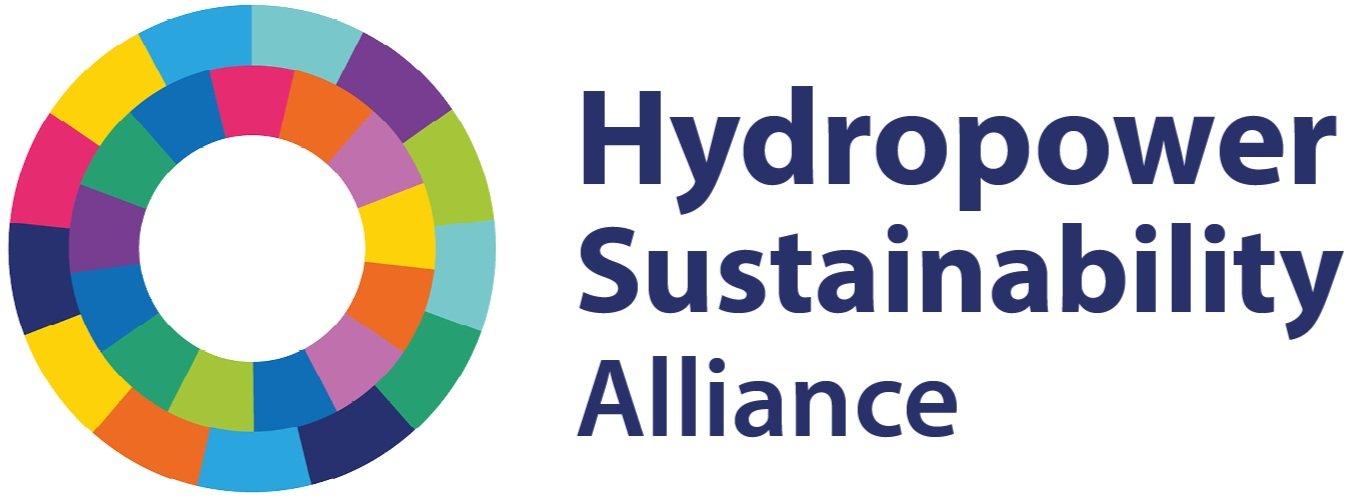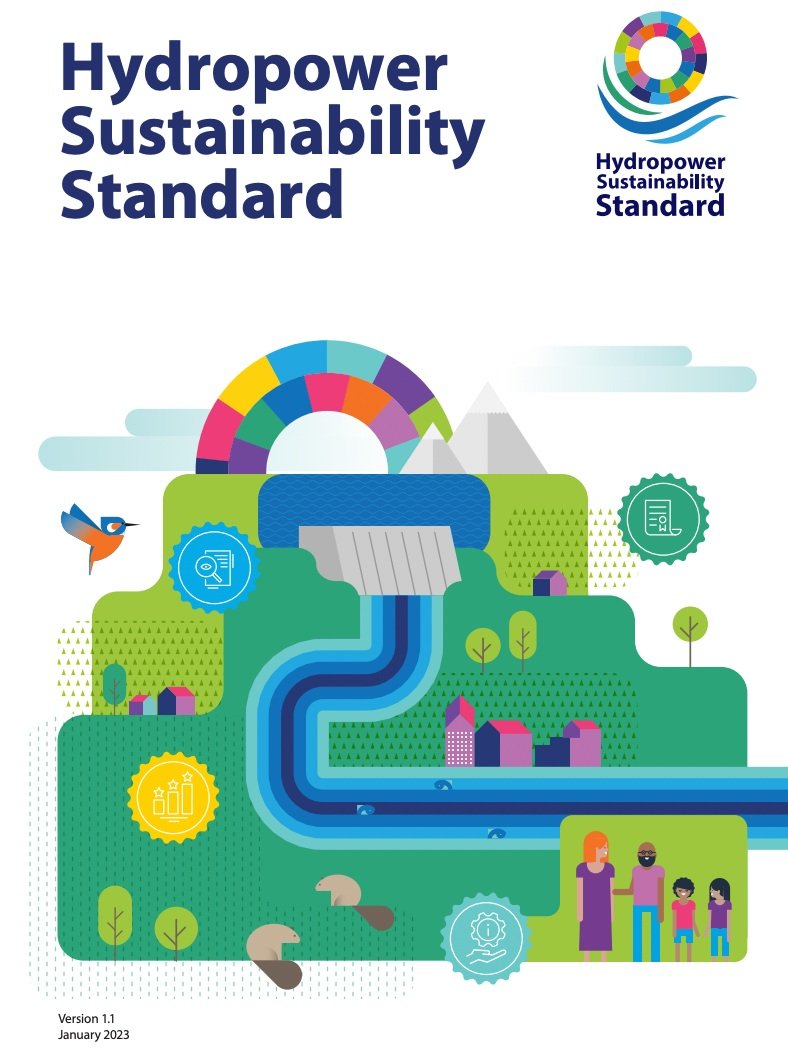FREQUENTLY ASKED QUESTIONS
WHAT IS THE HYDROPOWER SUSTAINABILITY STANDARD?
The Hydropower Sustainability (HS) Standard is a global benchmark for sustainable hydropower development. It outlines criteria for projects to achieve certification, drawing from a multi-stakeholder collaboration involving industry, governments, NGOs, and financial institutions. Aligned with the San José Declaration, Climate Bonds Initiative criteria, and World Bank frameworks, the HS Standard sets a new standard for accountability and assurance.
WHO IS ELIGIBLE?
New and existing run-of-river, storage, pumped storage, multipurpose hydropower dams and some cascades are eligible for assessment and certification against the HS Standard. The application could be for projects all over the world, irrespective of their size or location. In addition, the projects could be assessed and certified at any stage in their lifecycle – during the planning stage, construction or while in operation.
WHAT IF A PROJECT DOESN’T MEET STANDARD REQUIREMENTS?
New and existing run-of-river, storage, pumped storage, multipurpose hydropower dams and some cascades are eligible for assessment and certification against the HS Standard. The application could be for projects all over the world, irrespective of their size or location. In addition, the projects could be assessed and certified at any stage in their lifecycle – during the planning stage, construction or while in operation.
WHAT IS THE STANDARD’S METHODOLOGY?
Hydropower projects are evaluated based on environmental, social, governance, and climate change aspects. The HS Standard sets both minimum requirements (equivalent to international good practice) and advanced requirements (equivalent to international best practice).
A project must meet all minimum performance requirements of the HS Standard on all relevant topics to achieve HS Certified label. Higher tiers of certification status (Silver or Gold) are recognised for projects that meet advanced requirements.
HOW MUCH DOES IT COST?
The cost of HS certification would comprise of an Assessment cost, Application cost and Certification costs. Assessment cost includes professional fees of Assessors and will be greatly influenced by the complexity, size and location of the project. 10% of Assessment cost will be attributed to the HS Secretariat for management and administration.
Projects greater than 10 MW:
Application cost is fixed at GBP 2500 per application.
Certification cost is fixed at GBP 7500 per certification.
Projects 10MW and smaller:
Application cost is fixed at GBP 1500 per application.
Certification cost is fixed at GBP 3500 per certification.
HOW LONG ARE CERTIFICATIONS VALID FOR?
Certifications span different lifecycle stages.
Preparation stage: 3 years;
Implementation: 3 years;
Operation: 5 years.
WHY SHOULD PROJECTS BE ASSESSED AND CERTIFIED?
Through HS Standard Certification, hydropower developers and operators can display their commitment to sustainability to civil society, and demonstrate robustness to financial institutions and governments. Among the industry, HS Standard Certified Projects will be recognised as top performers.
HOW LONG DOES IT TAKE?
The certification process can take up to 32 weeks, which would include project assessment, report publication with a period of public comment, application to the Secretariat, review by the Governance Committee, and allocation of certification, if successful.
HOW DO I APPLY FOR CERTIFICATION?
If you are a Project Proponent, either the developer, owner or operator of a project, who is considering getting your project(s) assessed and certified for HS Standard, please complete the Register Interest Form. You are strongly encouraged to review the project eligibility and certification process before filling in the form. Please also be familiar with the certification timeline and associated fees.




